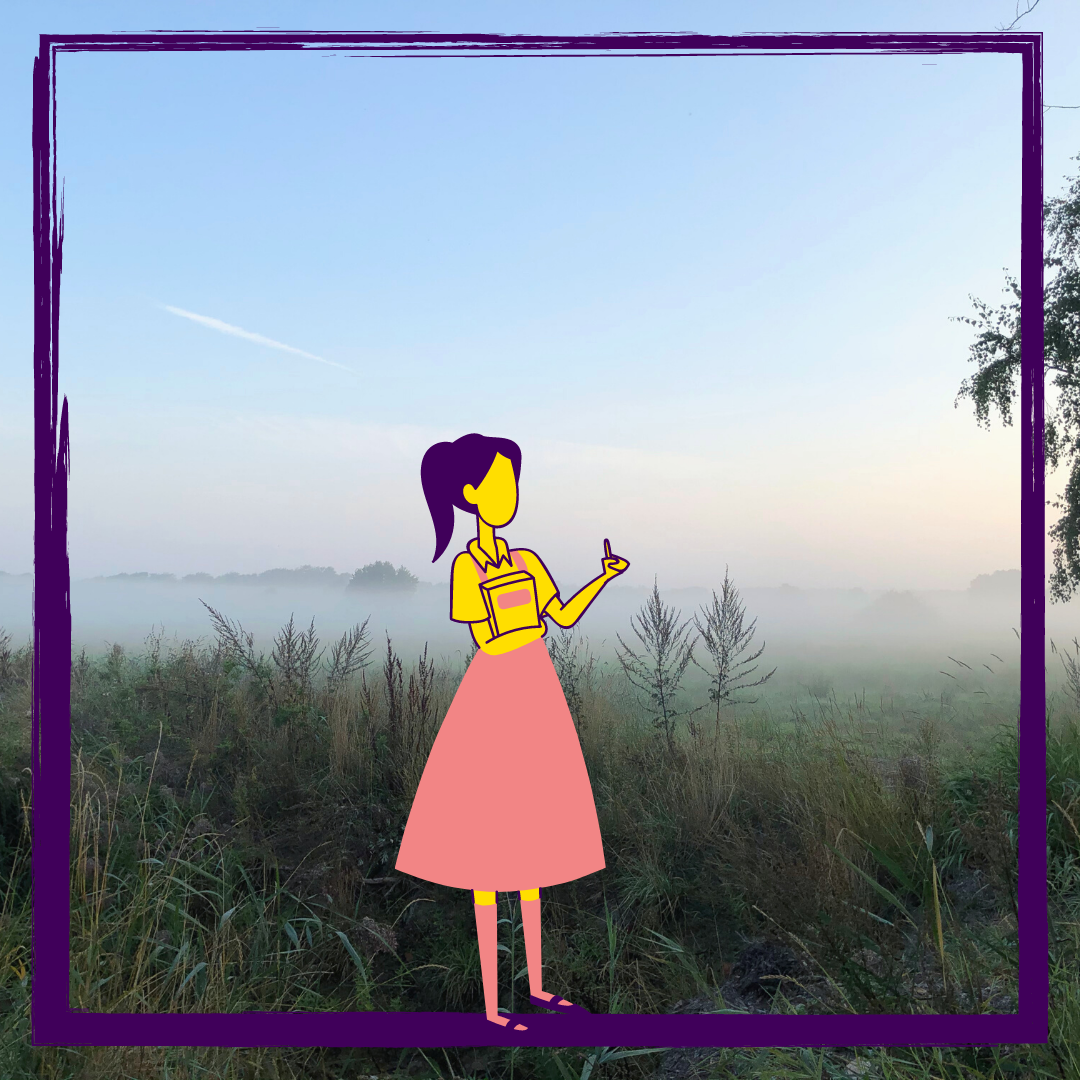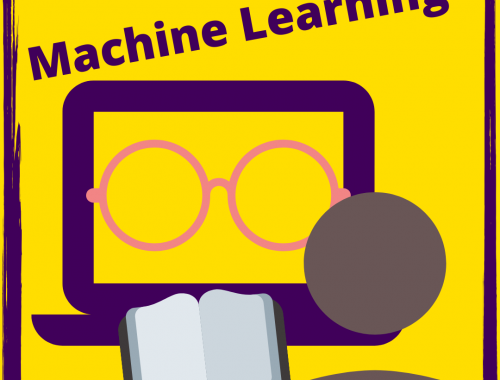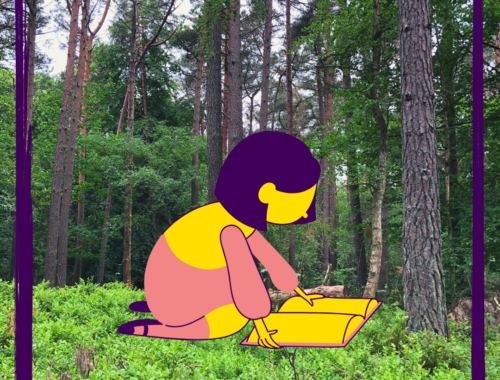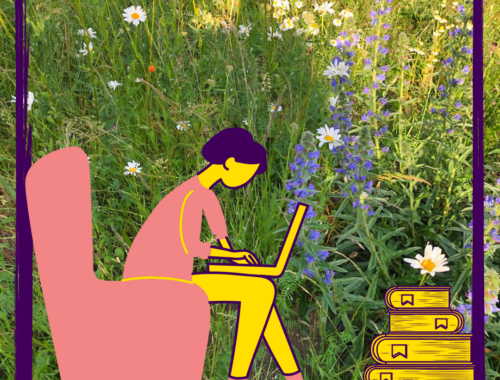
THE good book – what could that possibly be?
Inhalt / Content
I read, read more, was a bookseller and am a literary scholar. And yet there is hardly a more difficult situation for me than when my counterpart asks me: “Do you have a good book for me?” Because in most cases I would have to answer honestly: “No, unfortunately not for you. (if I know the person well). Or I would have to say something clever and clichéd like: “What is a good book for you?” (if I don’t know the person well). Why book recommendations are so difficult, why it doesn’t help that people who buy book a also like to buy book b and how you can still find good sources for book recommendations, these questions about the myth of the good book is what I answer today.
What is a good book?
A good book is a book that you, for whatever reason, enjoy reading. So simple the definition. Finding THE good book for you is much more difficult. This is due to your taste of books. Because this so clearly sounding word is totally misleading. The truth is that nobody likes to read similar books all the time, both thematically and narratively. It is much more likely that you like to read a good thriller, then a complex family history, then “something funny”, then something stirring, then something that is simply linguistically fascinating, then… It just has to be good somehow. And this “somehow good” usually contains numerous aspects. Genre, topic, tension, tone of voice, choice of words, relationship between conflicts and solutions, inventiveness and certainly much more contributes to the fact that you enjoy reading a book. Or not. Some of these aspects are certainly more important to you than others. That’s why I think you don’t have a uniform taste in books, but rather a complex literary profile. This may also include conditions for individual factors. Something like ‘if crime thriller, then with a messed up investigator’, for example
Literariness or literary quality
Nevertheless, from time to time there are still those books that a huge number of people enjoy reading. Books that many people who deal with literature professionally rate as good. Books that are good regardless of who reads them. Or aren’t they? Actually, there seem to be factors that lead many people to rate a book as literary. Even if they have not read it at all. This has been shown by a large-scale study that conducted and evaluated a survey in the Netherlands to solve “the riddle of literary quality” (as the project name suggests). Of course, aspects that are not directly linked to the text also play a role. The image of the author and publishing house, for example. So it is also cultural or social evaluations that lead to the fact that we find a book good or not. This production and reproduction of collective value judgments is, by the way, in my opinion exactly what marks the beginning of the canonization of books. But that is a different subject.
If you liked this book, you might also like…
One problem with literary quality is that sometimes it is simply not what we are looking for if we want to find a good book. This is one thing big online booksellers seem to have recognized. At least they use algorithms based on the decision profiles of individual and multiple customers. This is like a mixture of ‘since you bought book a, you might also want to buy book b’ (book similarity) and ‘other customers who bought book a also bought book b’ (customer similarity). Book similarity might then be based on metadata such as author, genre, publisher. Customer similarity can be determined and compared using shopping profiles. If you assign ratings for your book purchases, these can of course be taken into account. In the end, you end up with relatively complex algorithms that often work rather poorly.
Since you probably buy books for a variety of reasons, the algorithm never really knows what you are looking for. So it suggests classics if you just bought a lot of classics and non-fiction books if you recently needed a boost of those. But no one really reads the same or similar things all the time. Variety is part of the fun.

Your personal “good book” code
After looking at what doesn’t work or only works moderately well, we could now come to the conclusion that book recommendations simply don’t work. Too different is what makes a good book at a particular moment for a particular person. But it does work. There are people who can pick out books that we really like. Really good book buddies. With these people you probably share a small part of your personal book profile. If you find out which one it is, you will be able to provide yourself with book recommendations for a long time. If you have found a number of friends who each share a part of your book-taste DNA, you may even cover your whole personal “good book” code.
But what does that mean for you, if you work professionally with books and also have to give book recommendations? Sensitivity is required here. Because the variety of what makes up the taste of a book can become your playground. Try to get on the wavelength of your counterpart and find at least part of his good book code. If you succeed and your recommendation fits, you have probably won a long-term customer. If you succeed and you realize that you just don’t have the slightest match with her or him, it will be difficult. Then it helps to check with colleagues who might be able to make more suitable recommendations. In the end, the last possibility usually seems to be to recommend what other customers, who you think might have a similar book profile, liked. This is where you really get into the mud and you probably won’t get a good recommendation.
The myth of the good book and the fight of man and machine for it
Ok, I think the point that THE good book does not exist has become clear. But why do we – humans and algorithms alike – fight so hard to find it. Or perhaps more precisely: why make good books predictable? Books cost a lot of time and money and the demands we make on them are high. Authors spend weeks, months, sometimes years writing a book. Publishers invest time, effort and money in marketing. Readers spend weeks of valuable free time with them. They want to be entertained and educated, amused and purified. After all, only the best of the best books should teach future generations at school how to think and the basis of our culture. So you see, the expectations are high. So how nice it would be to separate the wheat from the chaff once and for all and to make authors, publishers and readers all equally happy?
Although a bestseller code was cracked some time ago, I think computers are still quite far behind when it comes to book recommendations. But it’s just as bumpy when two people exchange book recommendations that simply don’t match (in addition, there is usually human disappointment because the person has proven to be just as (in)capable of finding a good book as the algorithms of the big providers). It is good if you realize that you cannot get together and therefore do not exchange book tips at all.
How to keep the myth of the good book alive through “buy local”
The battle is won when people who have similar reading profiles find each other. Here, interpersonal recommendation is simply unbeatable. A realization that booksellers in particular can clearly use to their advantage on the book market. Because only they have the opportunity to get to know their customers and find out what the personal “good book” code looks like. Of course, this will only happen if readers allow it and, despite the tempting simplicity of online trading, prefer to go “buy local”. In this case, the myth of the good book will even help you to search for and find it together. Because this search is the core business of the bookstore around the corner.
5 really good books
Oh and by the way: Since you shouldn’t miss any opportunity to find people who have a similar book profile to yourself, here are 5 really good and totally different books I’ve read lately:
Americanah by Chimamanda Ngozi Adichie
The song of the crayfish by Delia Owens
Before the feast of Saša Stanišić
Gripsholm Castle by Kurt Tucholsky
Distant Horizons by Ted Underwood
What were your discoveries of good books in the last time? Or were you recommended something that you didn’t like at all? I am curious about your comment!
Translated with www.DeepL.com/Translator (free version)
You May Also Like

MACHINE LEARNING: WHAT TO CONSIDER WHEN CREATING TRAINING DATA (FOR LITERARY STUDIES)
March 31, 2020
Distant Reading – how much distance can we bear?
June 25, 2020

